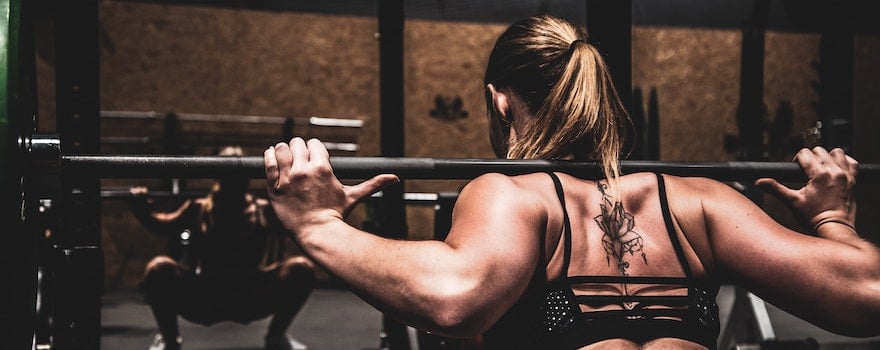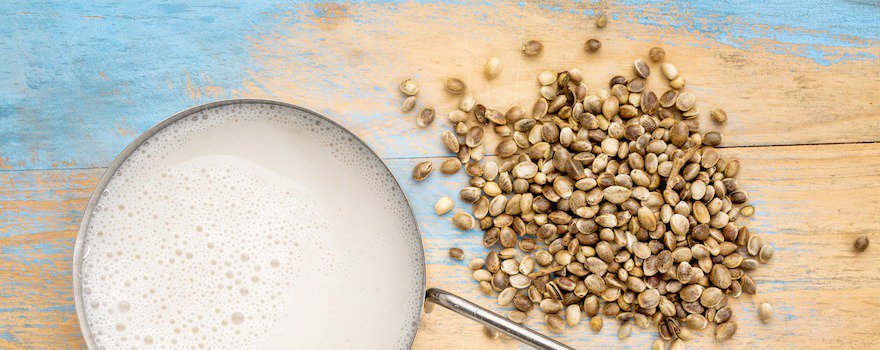What are plant-based proteins?
In contrast to animal proteins, plant-based proteins are derived from plants. They are found in legumes, grains, nuts, seeds, and even algae.
These proteins are composed of amino acids and peptides. They generally do not contain all the essential amino acids required by the human body. Only quinoa and soy contain complete proteins.
However, it is possible to combine them (legumes + grains, for example) to avoid deficiencies. Taking dietary supplements and protein isolates can also help meet daily requirements.
Also read the Best Plant Protein: Our Buying Guide
Like animal-based proteins, they contribute to the structure of cells. They play an important role in building muscles and tissues.
Thus, they contribute to muscle mass gain.
They are also a source of energy and help reduce fatigue. Finally, consuming plant-based proteins as part of a sporting regime helps optimize muscle recovery and better control weight.
What are their benefits for bodybuilding?
They support muscle mass gain
Proteins are essential for anabolism, which is the development and strengthening of muscles. Muscle mass alone contains 40% of the body’s proteins.
Furthermore, they contribute to the synthesis and renewal of muscular fibers, allowing muscle contraction.
As their muscles are heavily solicited, bodybuilding enthusiasts have significant protein needs: between 1.2 and 1.5 g/kilo body weight/day. These intakes are necessary to support muscle growth and conserve muscle, even during cutting phases.
ALSO READ the Best Whey Protein: Our Comparison
They boost energy
Plant-based proteins also play an energetic role.
During intense physical activity, the body draws on its carbohydrate and fat reserves. Once these stores are depleted, proteins become a source of energy and are used by the muscles. On average, 1 g of protein provides 4 kcal.
In addition to providing energy, they enhance resistance to effort.
They promote recovery
Proteins have a reconstructive role on muscles. They support the process of recovery and repair of damaged tissues.
During the recovery phase, they promote the formation of new myofibrils that allow muscle contraction. During exercise, these structures experience micro-tears and injuries that must be repaired.
Proteins increase the number, density, and resistance level of myofibrils. This also results in making muscles larger and stronger.

They help with weight control
Foods rich in plant-based proteins are often low in fat and low in calories. Such is the case, for example, with spirulina, which contains up to 70% protein for 390 kcal/100 g.
These proteins are therefore interesting for weight control, regardless of the sporting practice: bodybuilding, fitness, weightlifting… They can also accompany a cutting phase and fat loss.
Which plant-based proteins should be consumed for bodybuilding?
Pea Protein
Pea protein is derived from yellow peas. It contains about 80% plant-based proteins, which is 24 g for a 30 g serving.
It also stands out for its high content of amino acids, particularly arginine and lysine. L-lysine is important for muscle building.
It also contains branched-chain amino acids (BCAA), like leucine, which aid in recovery.
Finally, it is well-digested and has high bioavailability.
Soy Protein
Soy protein is obtained from defatted soybean flour. It provides about 40g of plant protein per 100g. The soy protein isolate, on the other hand, is made from defatted soybeans. It can contain up to 90% protein!
Because it contains all the essential amino acids, it is one of the few complete proteins. It is a good source of BCAAs (leucine, isoleucine, and valine) and has very good digestibility.
Rice protein
Rice protein is derived from rice grains that are fermented to separate the starch from the protein. Most supplements use brown rice for more interesting nutritional values.
Thus, it contains 80 to 90% plant protein. It contains all the essential amino acids, except lysine, which is present in small quantities. It also includes the famous BCAAs.
Additionally, it has a high digestibility.
Hemp protein

This protein is derived from hemp seeds. It contains about 50% plant protein.
It contains BCAAs and is particularly rich in tyrosine and arginine. L-arginine promotes the transport of nutrients to muscles and the elimination of fats.
Hemp protein also has a great digestibility.
The best sources of plant protein in nutrition
In addition to supplementation, plant proteins can be provided through diet. It is advisable to prioritize the following foods:
- Legumes and pulses: soy, red beans, lentils, chickpeas, split peas…
- Nuts, seeds, and oilseeds: almonds, Brazil nuts, hemp seeds, chia seeds, fenugreek…
- Cereals: quinoa, buckwheat, rice…
- Spirulina



